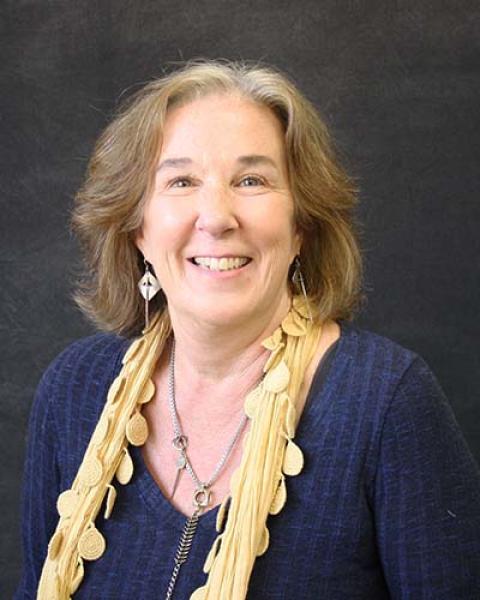
By Jill Hinton, PhD and Elizabeth Grosso, MSW
Welcome to "Spread the Word," a place in News and Views where we will focus on the importance of language in the work we do as a START network. Language is the primary way we communicate with each other, build relationships, and create a sense of community. The words we use influence ours and others’ perception of the world. In the START network, we work to create a culture where the words we use convey underlying values of the model including positive engagement, community building, and our shared humanity. Through "Spread the Word" we will highlight examples of how shifts in words can lead us away from stigmatizing language and toward inclusion and belonging for all. These shifts are intended to create consistency between our language and our values as a START network.
The first edition in July reflected on the change from using the “R word” to using the words intellectual disability. Following years of advocacy efforts promoting the use of the term intellectual disability, in 2010 President Obama signed Rosa’s Law which changed “mental retardation” to “intellectual disability” in US federal law. The law was inspired by nine-year-old Rosa Marcellino and expanded the advocacy efforts promoting inclusion and belonging. It is an example of how grassroots advocacy and policy work together to move us forward. At the time, Rosa’s brother Nick commented: “Some say we shouldn’t worry about the words, just the way we treat people. But if you think about it, what you call people is how you treat people. If we change the words, maybe it’ll be the start of a new attitude towards people with intellectual disabilities. And they deserve it.”
As we continue to “Spread the Word,” we will highlight various ways in which we are shifting our language within the START network to ensure consistency with our values.
Henry Ward Beecher noted, “words are pegs to hang ideas on.” The words we use convey meaning and create ideas. If used without thought and intention, words can separate us from one another. And the converse is true, words can help us understand each other and bring us together.
The September edition focuses on the words "case," "client," and "consumer."
Recently, NCSS re-named one of our START team documents to remove the word "case" from the title. Terms like “case," "client," and "consumer" are terms created by the system of care to label people receiving services. These words are used throughout the service system and in many instances were introduced as an attempt to convey that people receiving services have control or input into their supports. With more and more input from people with lived experience, there is growing acknowledgement that many of these attempts have fallen short of their intended use and have the potential to label and separate.
What do we do about it?
Let’s be clear: A "find and replace" approach is not the solution; however, there is the opportunity to be more intentional and thoughtful about the words we use. It will not be possible to eliminate all references altogether, and in some situations, a word like "case" may still be appropriate. A good rule of thumb is: If the word "person" can be used instead of a label, use it! Language continues to evolve, and no doubt new words will emerge that replace existing terms. What will not be replaced is our shared humanity – so referring to a fellow human being as a "person" in any possible opportunity will always be the right thing to do.


